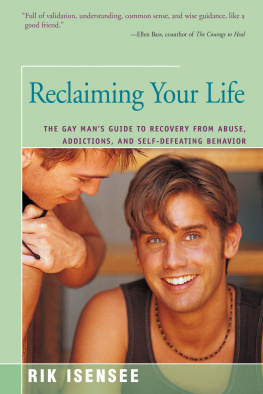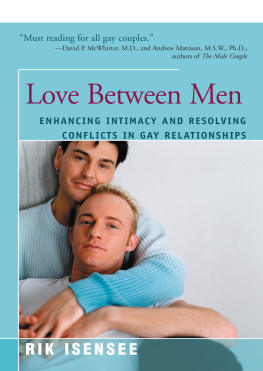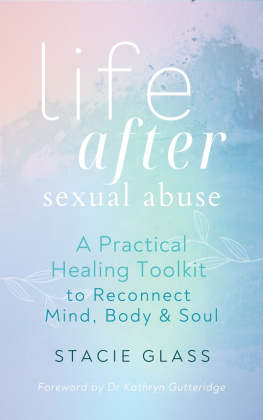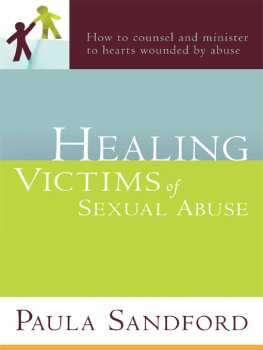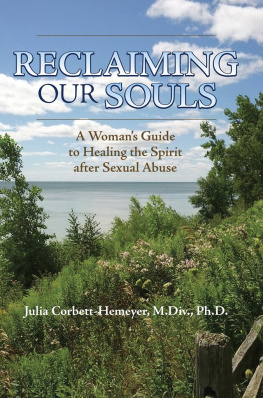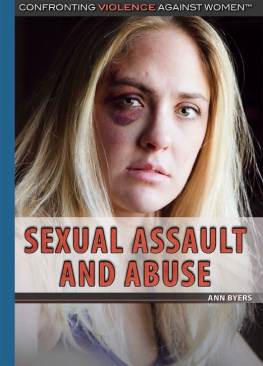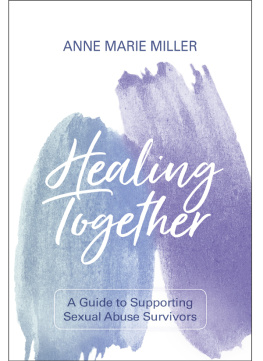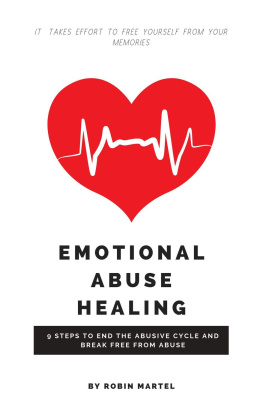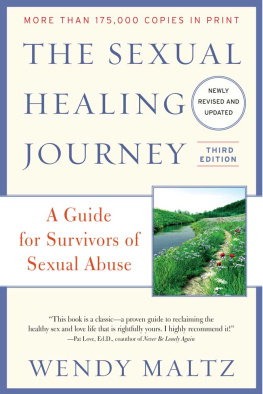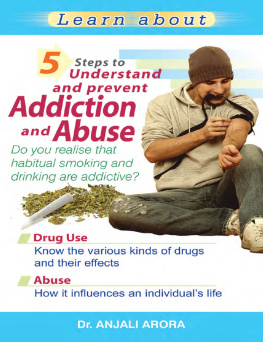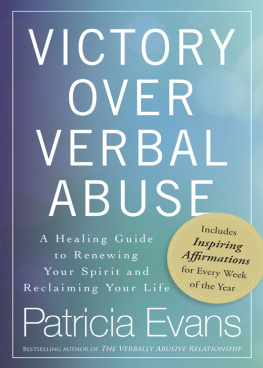Advance Praise for Reclaiming Your Life:
No matter what kind of family you grew up in, you will find yourself in this book. All of our families are dysfunctional to some degree, and as gay men, we have to overcome our own homophobia and resulting shame. Rik Isensee writes in a style that is so readable and relevant, every gay/bi man can take something with him.
Jeffrey Chernin, Ph.D.
Members of a dysfunctional family interact abusively, and when the family is homophobic a gay member will likely be doubly abused. In the first half of this guide, Isensee capably outlines all aspects of growing up gay in a dysfunctional family. He includes homophobia, sexual abuse, stress, self-blame, shame, and self-destructive behavior. In the second half, he relates the ways a gay child can overcome the many hindrances to gaining self-respect through grieving, nurturing, and supporting. He ends with suggestions on how to react to homophobia and create a life without the guilt that a heterosexual society induces. Although the topic may seem a bit clinical, Isensees book is easy to read and even gay adolescents will want to consult it.
H. Robert Malinowsky, Univ. of Illinois at Chicago, Library Journal
Rik Isensee strikes a long-forgotten chord with his self-help book, Reclaiming Your Life, which gives strong psychological advice to gay men who have been through just about every situation imaginable. There are scenarios presented that will ring true for some readers, and Isensee offers his unique and insightful advice on each of them, giving the reader options to overcome overbearing feelings and/or situations that would cause others to commit drastic actions. This is an excellent book in the field of self-help, and once finished, provides an uplifting light at the end of the tunnel.
Illinois HIV Prevention, Region 6 Booklist
Reclaiming Your Life
The Gay Mans Guide to Recovery from Abuse, Addictions, and Self-Defeating Behavior
Rik Isensee
Also by Rik Isensee:
Self-help:
Love Between Men, Enhancing Intimacy and Resolving Conflicts in Gay Relationships. An excellent and very practical guide for making relationships work.
David McWhirter and Andrew Mattison, co-authors of The Male Couple.
Are You Ready?, The Gay Mans Guide to Thriving at Midlife. an engaging, intimate conversation about how to live with wisdom and passion while embarked on the uncertain journey of midlife.
Robert M. Kertzner, MD, Columbia University.
The Gay Mans Guide to Love and Intimacy (a tape from Sounds True). A guide to developing intimacy through clear communication with your partner.
Fiction:
The God Squad, a spoof on the ex-gay movement.
brilliantly over the top Its twisted, but its getting funnier with each page I couldnt help but enjoy this fine display of Rik Isensees wicked sense of humor. Honest!
Jeffrey Jasper, Lambda Book Report.
Were Not Alone, a young adult novel dealing with gay, bisexual, and lesbian youth. Were Not Alone is fast-paced, well-written, and funny. This book belongs in the library of every high school.
Joyce Hunter, MSW, CSW, President of the National Lesbian/Gay Health Foundation.
Humor:
Spank the MonkeyReports from the Front Lines of Our Quirky Culture. Absolutely hysterical, smart, and original. Spank the Monkey is compulsively readable, un-put-downable fun!
David Rosen, Editor-in-Chief, InsightOutBooks
Plays:
Censored!A Mocudrama in Two Unnatural Acts.
Honky-Tonk Parade, winner of the James Highsmith Playwriting Award, a prize for new gay plays.
Contents
Before You Begin This Book
As gay men, we have made great strides in our efforts to overcome homophobia in our society: We have challenged restrictive laws, formed coalitions with other progressive groups, and created an alternative culture to celebrate our diversity. We have also countered the assumption that the difficulties confronted by some gay men are a result of our sexual orientation. Low self-esteem, self-destructive behavior, and trouble with intimacy stem for the most part from the intense oppression we experience while growing up in dysfunctional families within a homophobic society. These problems are not caused by same-sex attractions.
The idea for this book was generated by my work with various groups of gay men: male couples, gay and bisexual youth, HIV-infected men, and men who were severely abused as children. Although these men are dealing with a wide range of issues, I noticed an underlying similarity between the posttraumatic effects reported by survivors of abusive families and some of the symptoms described by other gay men I have counseled.
The concept of posttraumatic stress was developed to explain the symptoms many soldiers experience after returning from combat, such as flashbacks, nightmares, and depression. Psychotherapists and other health providers have also recognized these symptoms in adult children of dysfunctional families. Emotional, physical, and sexual abuse can result in severe, long-lasting effects. Some of these symptoms include mistrust, withdrawal, anxiety, shame, and self-blame.
Growing up gay in a homophobic culture is comparable to growing up in a dysfunctional family: The shame and self-blame experienced by many gay youths are similar to the symptoms of abused children. As a result of this external threat, they may internalize a negative self-image that interferes with their ability to find meaningful work and form intimate relationships as gay adults.
I began to see that internalized homophobia is essentially a form of posttraumatic stress. Like former soldiers and abuse survivors, gay men often need to be hypervigilant, constantly on guard against potential assault. Homophobia and abusive families both contribute to anxiety, depression, and isolation. The resulting shame and low self-esteem that some gay men carry into adulthood can lead to self-destructive behavior.
Gay men in recovery from various addictions often get in touch with memories of early abuse. They realize that they have been using alcohol, drugs, food, or sex to escape from the memories and feelings that began to emerge from previous traumatic experiences. Although they may accept themselves as gay, they still feel affected by that early abuse and the resultant internalized homophobia. Some fear failure or sabotage their success, and they seek help because they are not living up to their true potential.
Working through past abuse is an important resource for countering internalized homophobia and healing ourselves. In my therapy groups for men abused as children, we deal with the posttraumatic effects of physical, sexual, and homophobic abuse. The men in these groups provide one another with the recognition and understanding they seldom receive from their families. They discover that they have a lot in common with other gay men who have had similar experiences, and this helps them understand current symptoms as normal reactions to early trauma instead of assuming that something is inherently wrong with them. They may still see ways in which they would like to change, but they feel released from much of the self-blame that contributed to their low self-esteem and self-defeating behavior. Understanding this process has generated hope and motivation among the men in my groups, so I decided to put these ideas together in a form that gay men could use on their own to supplement their recovery programs.
The book is divided into two parts. Part I, Homophobia and Trauma, looks at what its like to grow up gay in a homophobic culture and compares these effects with the posttraumatic symptoms that often occur in response to dysfunctional families. It also links homophobia with the cycle of shame to explain its role in maintaining four types of self-destructive behavior: addictions, compulsions, self-deprivation, and codependence. Recovery from substance abuse and compulsive behavior will help you address your underlying feelings and reactions to previous trauma.

